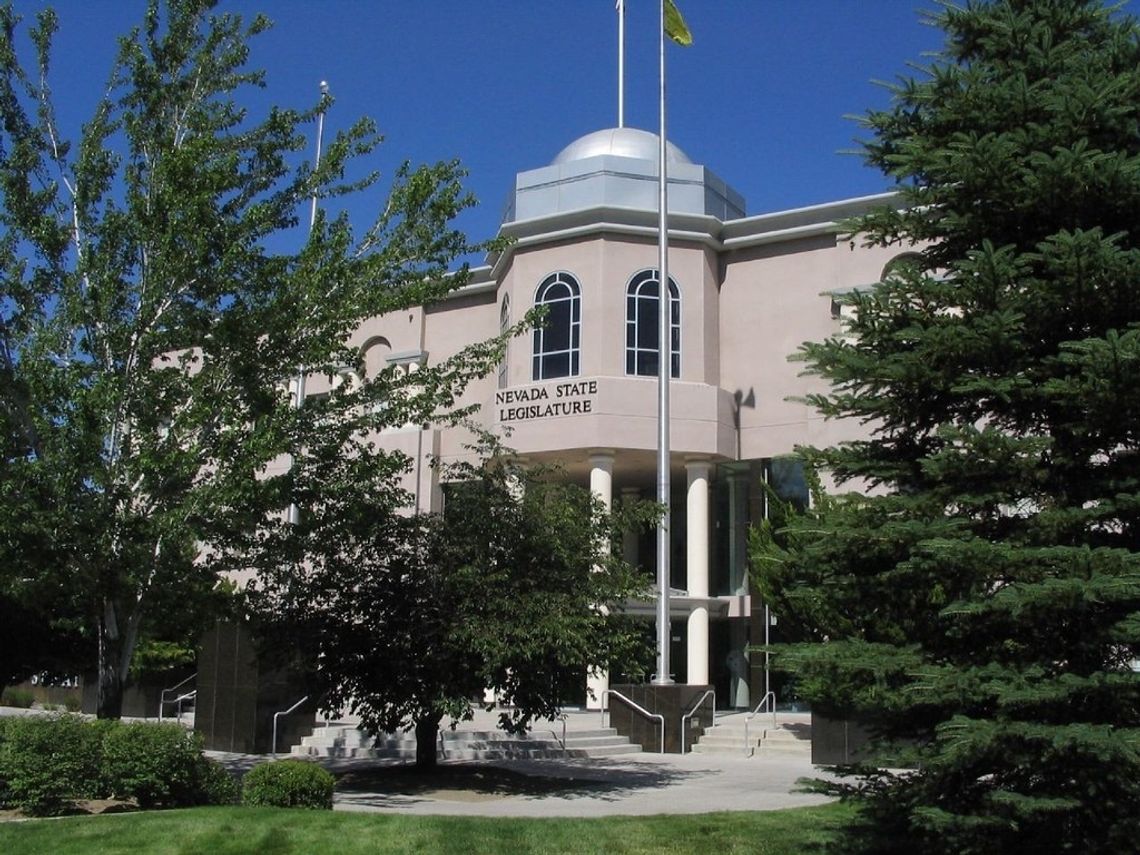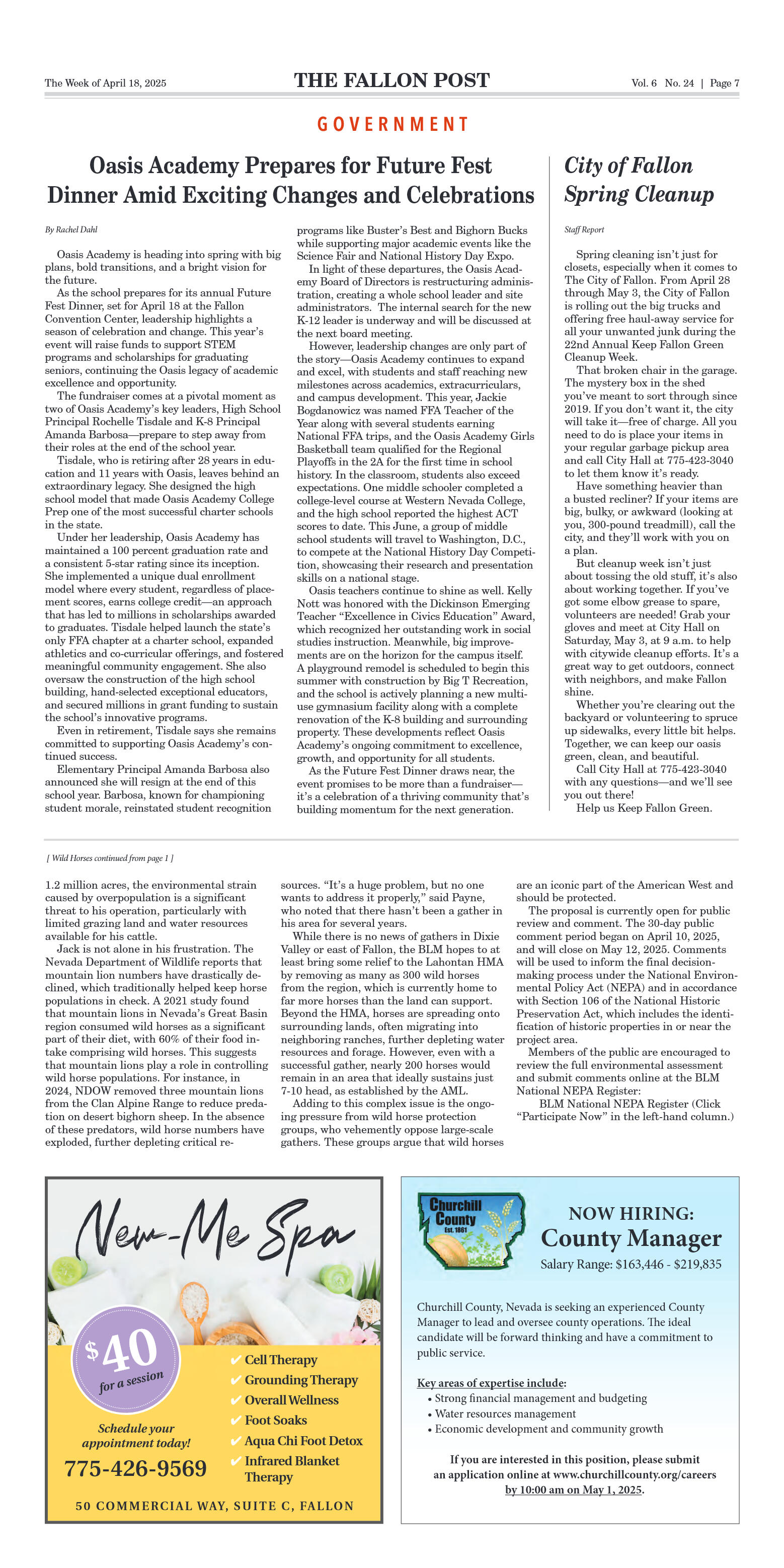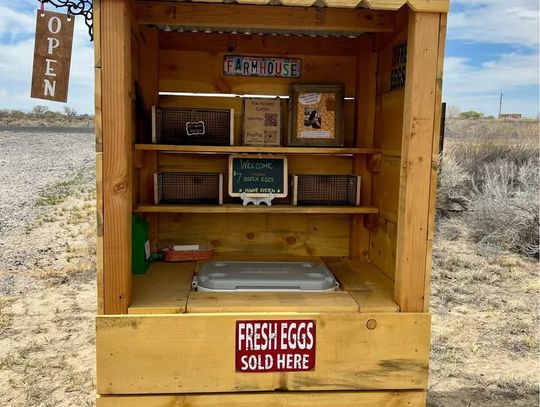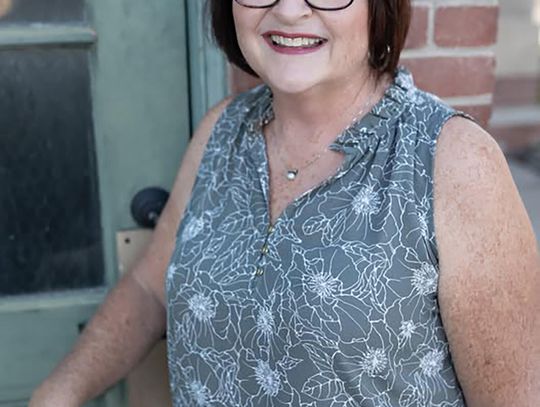The combined number of bills and resolutions introduced this session is now up to 909, with two Assembly bills and three Senate bills having been enacted into law so far. Assembly Bill 106 (AB106) allocated $50,000,000 for grants to small businesses and non-profit organizations impacted by COVID-19, and AB110 added new registration and reporting requirements for lobbyists. Senate Bill1 (SB1) funded the costs of this Legislative session; SB29 authorized a new Salvage Title agent position in the Department of Motor Vehicles; SB83 allows Nevada to waive certain educational requirements when done so by the federal Department of Education. Five - out of 909 bills and resolutions filed to date.
With so many bills in flight, it can be a challenge to know which ones to focus on. However, Churchill County does receive help with understanding which legislative actions may have local impacts from Marla McDade Williams, a Senior Director with Strategies 360, a lobbying firm registered with the Nevada Legislature. “Any legislative session brings a host of new legislation that affects residents of the county as well as county government. There are a number of pending bills that could affect county residents. For example, Assembly Bill 146 may result in a regulatory change for diffuse sources of water as it relates to water pollution. Assembly Bill 211 could affect future developments in the county as it relates to the cost of projects and the review of plans for the mitigation of wildlife. Senate Bill 150 attempts to require that 'tiny homes' serve as single family dwellings,” she said.
AB146, sponsored by Democratic Assemblywoman Sarah Peters, would amend NRS 445A, the Water Controls chapter, by adding a new state program to regulate water pollution from diffuse sources. Diffuse water pollution comes from activities that do not have a specific discharge point, such as agricultural run-off, particles spread by rain and wind, rural development and residential households. New permits, surety/bonding, notices and reporting requirements for controlling diffuse sources of water pollution and for discharging a pollutant or inject fluids through a well will all be required. This bill will also require the State to consult or notify Indian tribes regarding new permits. It's stated in the bill's summary that there would be no fiscal impact to local governments - it would only impact the state. But requirements, like other things, do roll downhill and the new costs associated with permit fees, bonding and reporting could be borne by those being regulated.
Democratic Assemblywoman Sandra Jauregui sponsored AB211 which will add new requirements and fees to NRS 278, the Planning and Zoning chapter that governs land use. A tentative copy of a proposed subdivision map would have to be sent to the Nevada Department of Wildlife (NDOW) for consideration of wildlife and wildlife habitat impacts. A new fee will be imposed for the required NDOW map review service. The bill will also require the local Planning Commissions to consider those same impacts when deciding whether to approve the tentative map. This bill summary states that there would be no fiscal impact to local governments, but what about the impact of additional Planning Commission reviews and the extension of development time for new state-level reviews? Development costs could be increased by the new permit fees and lengthened development time could have impacts beyond just governmental concerns with possible unintended consequences for local development efforts.
Tiny houses are in the news these days, and they may be coming to Nevada soon too if SB150 is enacted. This bill has three primary sponsors, Democratic Senators Dallas Harris and Fabian Donate and Republican Senator Carrie Buck. It proposes to authorize tiny houses and tiny house parks by also amending NRS 278. A tiny house would be defined as a year-round smaller-sized single-family structure than what is permitted by current zoning, but does not include mobile or manufactured homes or recreational vehicles; those are governed by separate statues. City or county officials would have to approve construction of tiny houses in any zoning districts after adopting requirements for tiny house parks and the regulations necessary to build within them. A tiny house would still have to meet all local building codes, with the exception of size. A tiny house park must be at least 10,000 square feet in size, allow enough space for firefighting equipment and must provide community water and waste disposal services. In single-family zoning districts that also allow accessory buildings, a tiny house and an accessory building would not be allowed on the same parcel. At least this bill summary does state that it may have a fiscal impact on local government, but again the unintended consequences could be even more far-reaching. Increased housing density can impact a community, its schools and other public services, and many times those fiscal impacts are only understood after the fact.











































Comment
Comments